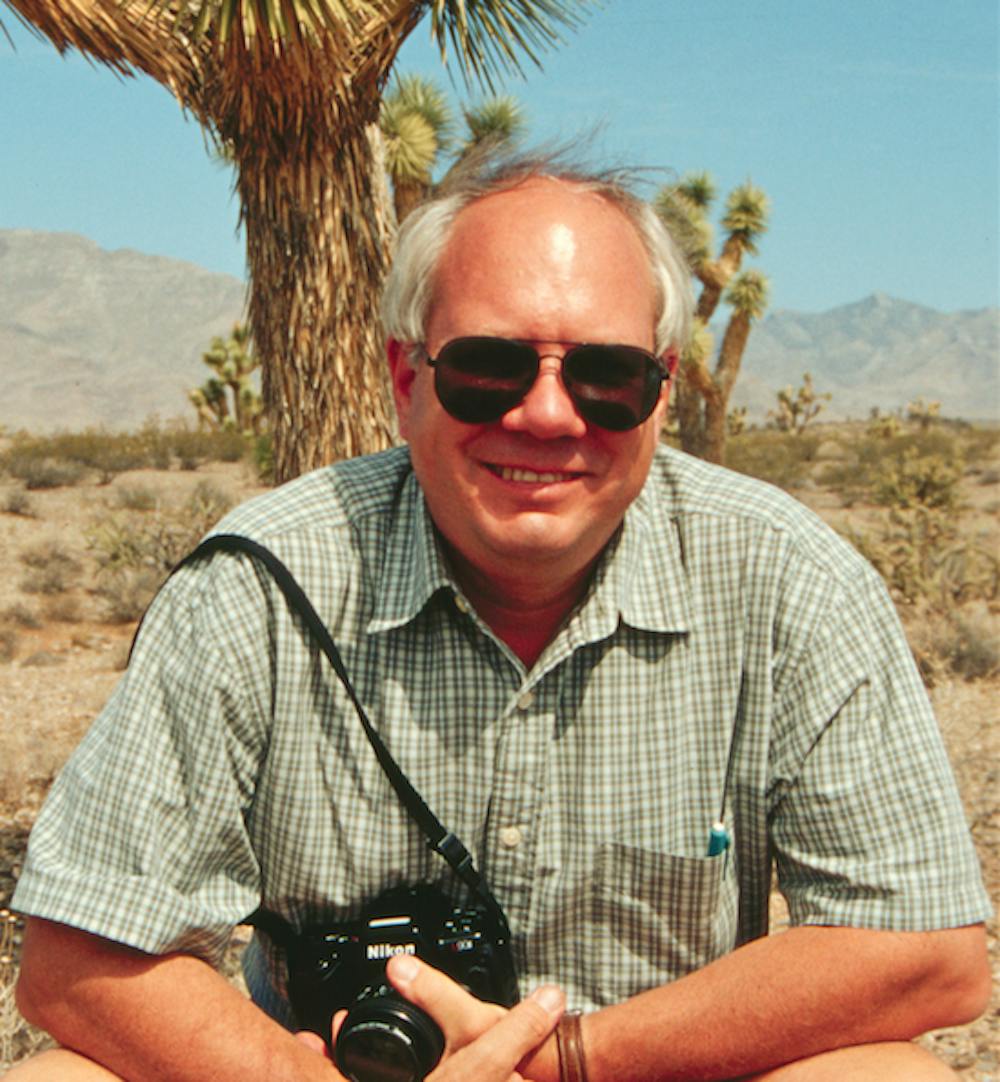Many students say they came to UNC because of the campus’ beautiful greenery. Professor Robert Peet’s reason for coming to North Carolina wasn’t much different.
After 43 years of research and teaching at UNC, Peet will be retiring after the Spring 2018 semester. Peet started his career at the University when he took his first faculty position as a professor of botany, which is now biology.
Peet has had an interest in nature since he was a small child. Growing up in Wisconsin, he remembers going out with his parents and seeing the world around him. Since his childhood, he has maintained his thirst for knowledge. He attended the University of Wisconsin for his undergraduate and master’s degrees, then moved to upstate New York to pursue his doctorate at Cornell University. After obtaining his degree from Cornell, Peet came directly to UNC-Chapel Hill. Even after becoming a professor at UNC, he did not stop feeding his scientific curiosity.
“I’ve always been fascinated in how the world works,” Peet said. “I didn’t want to stop learning.”
For some, retirement might equate to a long-awaited reprieve from their work. But Peet won’t be taking a break from his work – instead, he wants to dive deeper.
“I’ll have more time to work on my many research projects that will keep me busy,” Peet said. “I have a lot of data I’ve collected over the years, a lot of unfinished projects. I’ve been, perhaps, too ambitious, but I very much look forward to being able to focus on completing a number of projects.”
Professor Alan Weakley works with Peet as part of the Plant Ecology Research Group at UNC. Weakley arrived at the University in the mid-1970s as an undergraduate, within a year of Peet's arrival. During more than 40 years of knowing each other, they have been able to work on various projects. They were two of the original founders of the Carolina Vegetation Survey, an effort to document all the different forest types of North and South Carolina. They started the project in 1988, and it is still ongoing.
“He’s thoughtful about doing good science but also making sure that science has real world application,” Weakley said. “I think he’s been an exemplary member of the Carolina community.”
Peet took a leading role in developing the U.S. National Vegetation Classification, which provides a standard for the management and conservation of plant communities across the country. The standard allows governments, as well as non-federal agencies, to make decisions about wildlife conservation and land management.




